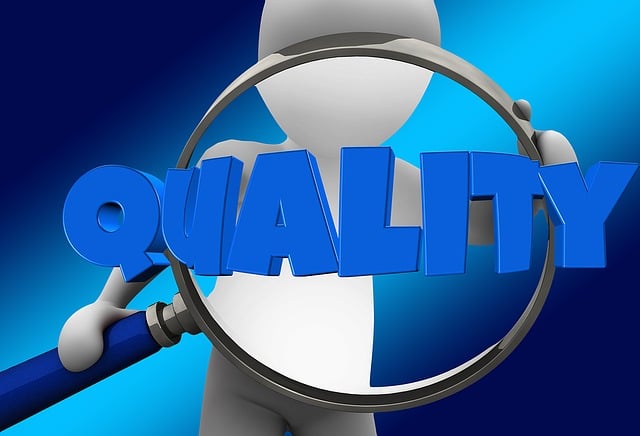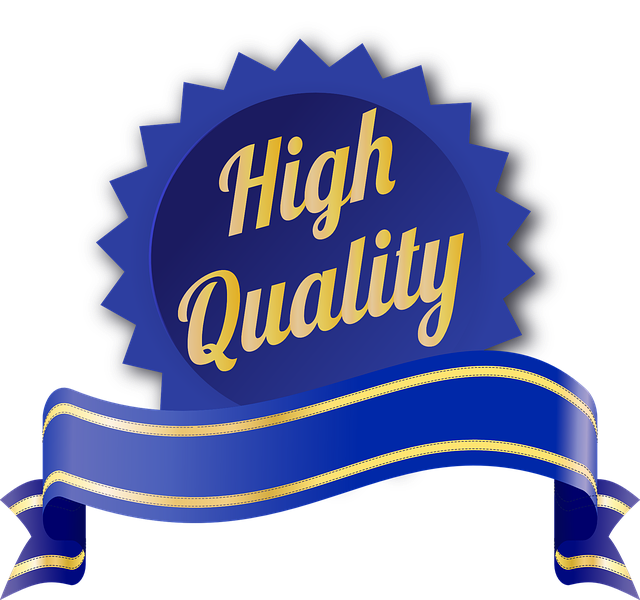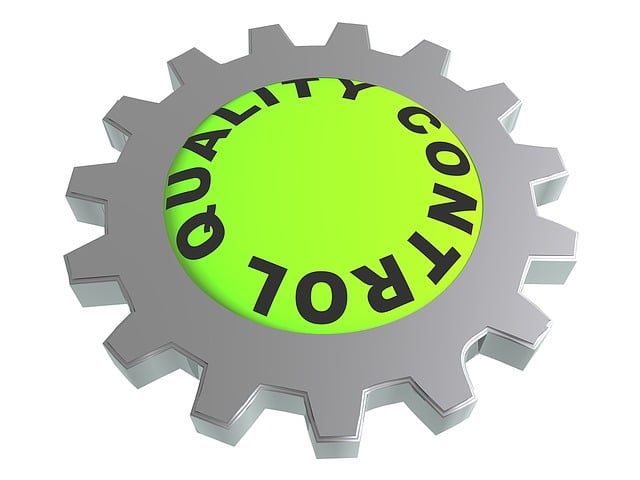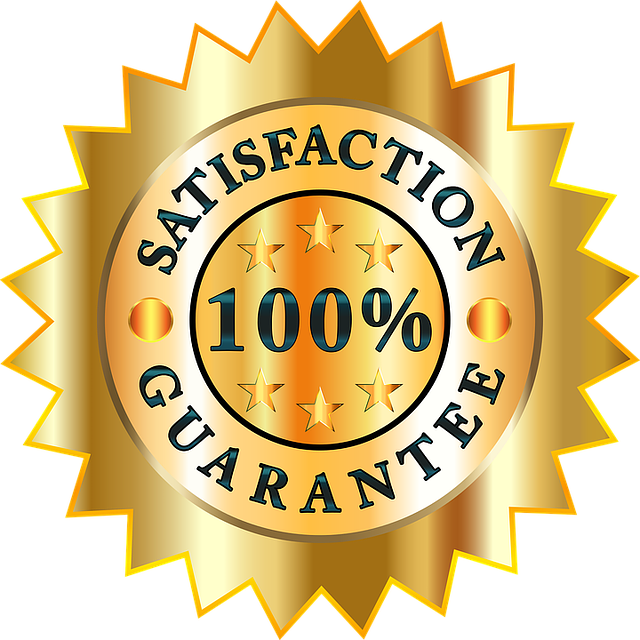Translation services for UK Quality Assurance (QA) documentation are critical for international companies entering the UK market, as they must ensure accuracy, cultural relevance, and adherence to local regulations such as those from the MHRA. Specialized translators with expertise in both the source and target languages, along with a deep understanding of industry-specific terminology and UK regulatory standards, are essential for conveying the technical content of QA documents accurately. These professionals use advanced technology solutions to maintain consistency and integrity throughout the translation process, ensuring that the translated documentation is precise, compliant, and effective in the UK context. Choosing a reputable translation services provider with a track record of success and familiarity with UK regulations can make all the difference in navigating the complexities of international compliance and quality assurance.
Navigating the complexities of international markets, companies must adapt their quality assurance (QA) documentation to comply with local regulations. This article delves into the critical process of translating QA documents for the UK market, emphasizing the importance of adherence to the region’s stringent standards. We explore the UK’s regulatory framework, the role of expert translation services in aligning with quality assurance standards, and the challenges inherent in accurately conveying technical content. With a focus on maintaining consistency and respecting cultural nuances, we provide insights into best practices for selecting reliable translation providers to ensure that your QA documentation meets UK compliance requirements effectively.
- Understanding the Necessity for QA Documentation Translation in the UK Market
- Overview of UK Regulatory Framework and Its Impact on QA Documents
- The Role of Professional Translation Services in Compliance with UK Quality Assurance Standards
- Common Challenges Faced When Translating QA Documentation for the UK Market
- Key Considerations for Accurate and Effective Translation of QA Documents
- Strategies for Maintaining Consistency Across Translated QA Documents
- The Importance of Cultural Nuances in the Translation Process for UK QA Documents
- Best Practices for Selecting a Translation Services Provider for UK QA Documentation
Understanding the Necessity for QA Documentation Translation in the UK Market

When businesses aim to penetrate the UK market, adherence to local regulatory standards is paramount. Quality Assurance (QA) documentation, which serves as a testament to a product’s or service’s compliance with set quality benchmarks, often comes in the form of meticulously prepared reports and records. For companies operating within or seeking entry into the UK, translating these QA documents into English, the primary language, is not just a mere formality but a critical step to ensure regulatory compliance. The translation process for UK Quality Assurance documentation requires not only linguistic accuracy but also an understanding of the nuances in regulatory requirements. Utilizing professional translation services for UK Quality Assurance documentation ensures that all technical terms and industry-specific jargon are conveyed accurately, avoiding any misunderstandings or misinterpretations that could lead to legal complications or market rejection. This is particularly important as the language used in QA documents must align with the precise terminology mandated by UK regulators. Furthermore, cultural nuances and regional variations in regulatory standards must be considered, making professional translation services an indispensable asset for businesses navigating the UK’s stringent quality assurance framework.
Overview of UK Regulatory Framework and Its Impact on QA Documents

When expanding operations or launching new products into the United Kingdom, organizations must navigate the country’s stringent regulatory framework to ensure compliance with Quality Assurance (QA) standards. The UK regulatory environment for QA documentation is robust and specific, reflecting a commitment to consumer safety, product integrity, and operational excellence. It encompasses a range of guidelines, directives, and legislation that dictate the proper format, content, and submission processes for QA documents. Companies must have their documentation accurately translated into English, with an understanding of the local context and regulatory nuances, to avoid any disruptions in market entry or product approval processes.
Translation services for UK Quality Assurance (QA) Documentation play a pivotal role in this process, bridging the gap between manufacturers and regulatory bodies. These services are staffed by experts who specialize in the intricacies of QA documentation and possess a deep understanding of both the English language and the UK’s regulatory requirements. By ensuring that all technical terminology and specifications are accurately conveyed, these translation services help businesses maintain their quality standards and operational integrity while operating within the UK market. This precision is not just about adhering to legalities; it’s a critical aspect of establishing trust with consumers and stakeholders, thereby facilitating smoother approvals and sustained compliance post-Brexit.
The Role of Professional Translation Services in Compliance with UK Quality Assurance Standards

When organizations aim to expand their operations or distribute products within the United Kingdom, adherence to UK Quality Assurance (QA) standards becomes imperative. This necessitates the translation of QA documentation to ensure compliance with local regulations and industry norms. Professional translation services play a pivotal role in this process by providing accurate translations that align with the stringent requirements set forth by the Medicines and Healthcare products Regulatory Agency (MHRA) and other UK regulatory bodies. These specialized services ensure that all technical terminology and context-specific nuances are accurately conveyed, thereby facilitating a seamless understanding of the QA documentation across different linguistic barriers.
Choosing the right translation service for UK Quality Assurance Documentation is crucial, as it involves not just a linguistic exchange but also a cultural adaptation. Expert translators with a profound understanding of both the source and target languages, along with the relevant QA domains, are instrumental in this process. They employ advanced technology and industry-specific glossaries to guarantee that the translated documents meet the precise terminology and regulatory standards required within the UK. This not only ensures legal compliance but also upholds the integrity and efficacy of the products and services being offered in the UK market.
Common Challenges Faced When Translating QA Documentation for the UK Market

When expanding operations into the UK market, companies often encounter unique challenges related to the translation of QA documentation. The linguistic nuances and regulatory specifics within UK Quality Assurance documentation necessitate specialized translation services for UK QA Documentation. A primary hurdle is adhering to the precise terminology mandated by the Medicines and Healthcare products Regulatory Agency (MHRA), which governs medical devices and pharmaceuticals. This includes translating clinical trial protocols, standard operating procedures (SOPs), and product specifications with exactitude, as any deviation could lead to delays or even rejection of products in the UK market.
Another significant challenge is navigating the intricacies of UK legal and regulatory frameworks that may differ substantially from other regions. For instance, translators must be well-versed in the UK’s Clinical Trials Regulations, General Data Protection Regulation (GDPR), and Good Manufacturing Practice (GMP) requirements to ensure compliance. The translation must accurately convey the intent and context of the original document, which requires a deep understanding of both languages and the relevant regulatory environments. This is not a task for general translators; it demands experts in translation services for UK Quality Assurance Documentation who can provide assurance that all technical content is accurate, culturally appropriate, and fully compliant with local standards.
Key Considerations for Accurate and Effective Translation of QA Documents

When undertaking the translation of QA documents for compliance with UK regulations, precision and technical accuracy are paramount. High-quality translation services specializing in UK Quality Assurance documentation must possess a deep understanding of both the source and target languages as well as the specific terminology intrinsic to QA processes. The translators should be adept at interpreting complex scientific and technical content while maintaining the integrity of the original text. This is crucial to ensure that regulatory requirements, procedures, and results are accurately conveyed. Moreover, a thorough grasp of UK regulatory frameworks, such as the Medicines and Healthcare products Regulatory Agency (MHRA) guidelines, is essential to guarantee compliance and avoid misinterpretation.
The translation process should involve not only linguistic proficiency but also cultural nuances that may influence the meaning of QA terms. It is important for translation services to employ subject matter experts who can align industry-specific terminology with UK legal jargon. This alignment helps in creating documents that are both accurate and effective, facilitating a seamless transition of information across borders. Additionally, collaboration between translators and local experts can mitigate the risks associated with regulatory non-compliance, ensuring that QA documentation meets the stringent standards required by UK regulations. By leveraging such expertise, organizations can navigate the complexities of international regulation with confidence, upholding their reputation for quality and safety in a global marketplace.
Strategies for Maintaining Consistency Across Translated QA Documents

When expanding your operations to the UK, ensuring consistency across translated QA documents is paramount for compliance and reliability. Utilizing specialized translation services for UK Quality Assurance documentation involves more than mere word-for-word transcription; it demands a deep understanding of both the source and target languages, as well as the nuances of UK regulations. To maintain this consistency, employing qualified translators who are not only linguistically adept but also familiar with UK standards such as ISO 9001 and GxP is crucial. These experts work diligently to convey the exact meaning and intent of the original documents, which includes paying close attention to technical terms, acronyms, and industry-specific jargon. A robust translation process should incorporate a series of checks and balances, such as peer reviews and validation procedures, to confirm that all content aligns with the original while meeting the UK’s regulatory requirements. This meticulous approach ensures that the translated QA documentation is accurate, reliable, and reflective of the original, thereby maintaining consistency and integrity across all documents, which is essential for any company looking to establish trust and credibility within the UK market.
The Importance of Cultural Nuances in the Translation Process for UK QA Documents

When engaging translation services for UK Quality Assurance (QA) documentation, the intricacies of cultural nuances play a pivotal role in ensuring compliance and effectiveness. QA documents are technical in nature and often contain specialized terminology specific to the industry. A precise translation is not merely a matter of linguistic accuracy but also an understanding of the context within which these documents operate. The UK’s regulatory environment is unique, with its own standards, norms, and legal requirements that must be accurately conveyed. Translators must possess subject-matter expertise to navigate the complexities of QA documentation, guaranteeing that all scientific, technical, and regulatory details are accurately translated. This entails a deep familiarity with both the source and target languages as well as an appreciation for the cultural aspects that could influence interpretation and application. By leveraging translation services with a specialization in UK QA documentation, organizations can ensure that their materials meet the necessary standards, thereby facilitating smooth interactions with UK-based regulatory bodies and stakeholders. This cultural dexterity is crucial for maintaining the integrity of QA processes and for ensuring that the translated documents are not only technically sound but also culturally relevant and compliant with UK regulations.
Best Practices for Selecting a Translation Services Provider for UK QA Documentation

When embarking on the process of translating Quality Assurance (QA) documentation for compliance with UK regulations, it is imperative to choose a translation services provider that possesses both linguistic prowess and industry-specific expertise. A provider with a proven track record in medical, pharmaceutical, or engineering sectors, where QA documentation is critical, will be well-equipped to handle the technical language and regulatory nuances inherent in such documents. Look for translators who are not only native speakers but also have professional certifications, such as those offered by the Institute of Translation & Interpreting (ITI) or the Association of Translation Companies (ATC), ensuring their translations meet the highest standards of accuracy and compliance. Additionally, a reputable translation services provider should offer a portfolio of past projects and client testimonials, demonstrating their experience with UK QA documentation and their ability to navigate the complexities of local regulations, such as the Medicines and Healthcare products Regulatory Agency (MHRA) guidelines. It is also advantageous to select a provider that offers advanced technology solutions, including translation memory software and terminology management systems, to ensure consistency across all translated materials, which is crucial for maintaining the integrity of your QA documentation in the UK context.
Organizations looking to expand their reach within the UK market must navigate the intricacies of local regulatory frameworks. Adequate translation of Quality Assurance (QA) documentation is not just a legal necessity but a critical step towards establishing credibility and trust among consumers and regulatory bodies. Given the nuances of UK standards, leveraging specialized translation services for UK QA documentation is indispensable. These experts ensure that every detail is accurately conveyed, maintaining consistency and respecting cultural contexts. By adhering to best practices and embracing strategic approaches, companies can effectively bridge the communication gap, thereby securing a foothold in this dynamic market.
